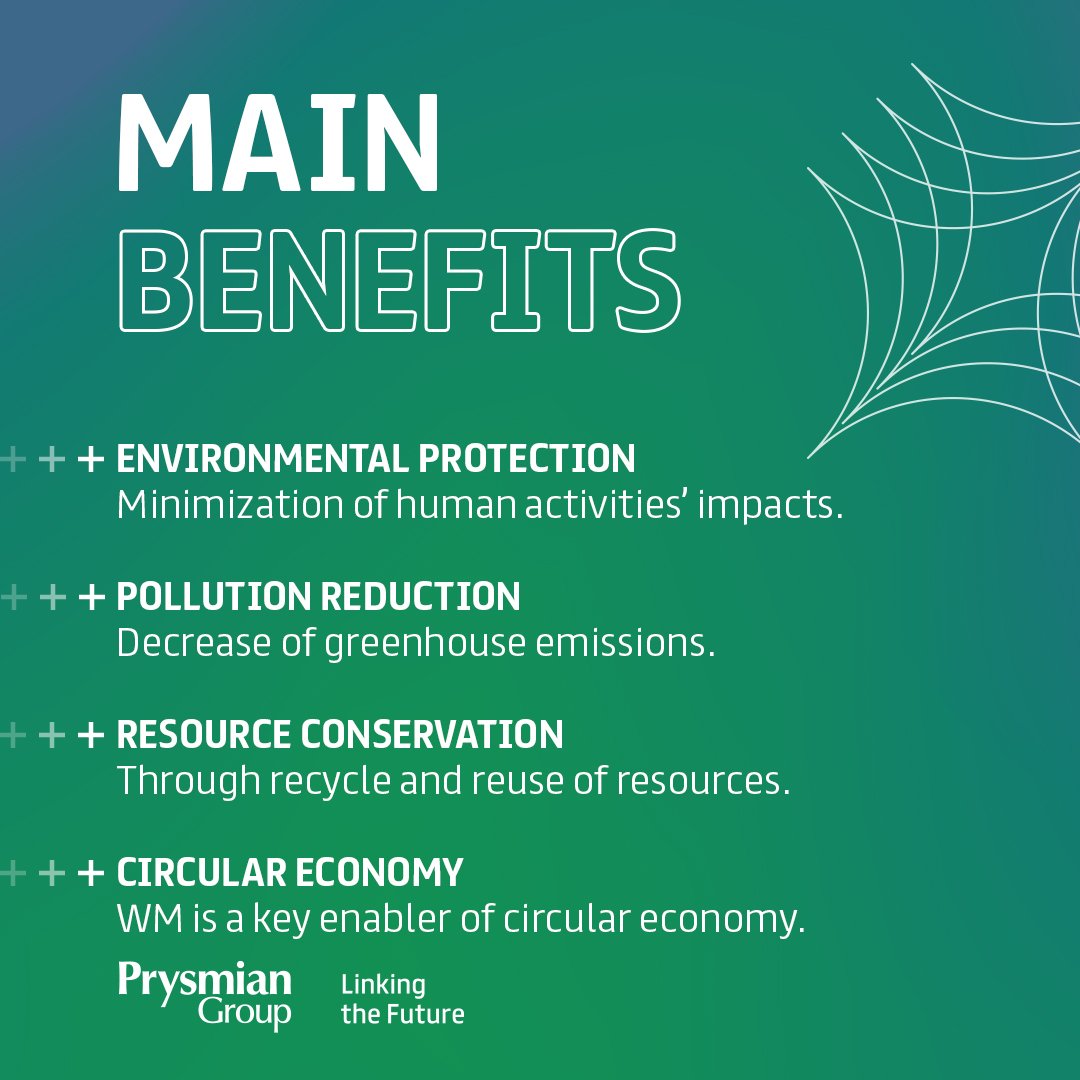Top Guidelines Of Reclaim Waste
Top Guidelines Of Reclaim Waste
Blog Article
Things about Reclaim Waste
Table of ContentsReclaim Waste Fundamentals ExplainedSome Of Reclaim WasteEverything about Reclaim WasteNot known Facts About Reclaim WasteGet This Report about Reclaim Waste
Discover the types, events, and types of fluid waste. Residential sewage waste refers to the waste and products from a domestic septic system. This sort of waste is created by humans in houses, colleges, and various other structures. This only includes septic storage tanks that have a drain area. The appropriate management and disposal of domestic sewage waste call for fluid waste to be moved to a sewer treatment plant where the correct approaches and devices are used to cleanse and get rid of waste.
Industrial waste often consists of prospective risks, such as flammable materials or a mix of liquid and strong waste products, and calls for a more sophisticated and detailed disposal procedure. The disposal of industrial waste usually involves the filtering of waste before transport to make sure secure and correct disposal. Hazardous waste is produced from byproducts and runoff of commercial procedures and manufacturing.
This sort of waste can not utilize the very same sewage administration transportation or procedures as septic or business fluids. The hazardous waste management process needs the examination and screening of liquid waste before it goes through the disposal process (industrial wastewater treatment). Overflow waste is the liquid waste that comes from drainage and excess stormwater in extremely inhabited areas or cities
Runoff waste can create contamination and flooding if not handled properly. Discover extra about sewage system cleansing and waste management. Ensuring correct waste monitoring can protect against disasters and minimize ecological harm. Both individuals in property settings and specialists in industrial or manufacturing sectors can benefit from recognizing the procedures and policies of liquid waste management.
Things about Reclaim Waste
Call PROS Solutions today to learn more about our waste monitoring and disposal solutions and the correct means to look after the liquid waste you create.
(https://reclaimwaste1.bandcamp.com/album/reclaim-waste)This supposed 'wastewater' is not only an important resource yet, after therapy, will be released to our land, rivers or the sea. Used water from toilets, showers, bathrooms, kitchen sinks, washings and industrial processes is known as wastewater.

water utilized to cool down machinery or tidy plant and equipment). Stormwater, a form of wastewater, is runoff that flows from agricultural and urban areas such as roofing systems, parks, gardens, roads, paths and gutters right into stormwater drains pipes, after rain. Stormwater streams without treatment directly to regional creeks or rivers, ultimately getting to the ocean.
The 20-Second Trick For Reclaim Waste
In Queensland, many wastewater is dealt with at sewer treatment plants. Wastewater is moved from residential or industrial sites via a system of sewage systems and pump stations, known as sewerage reticulation, to a go to this website sewer treatment plant. Neighborhood governments develop, keep and run most sewage treatment plants. Operators are accredited under the Environmental Management Act 1994 to release cured wastewater at an appropriate ecological requirement into waterways.
The Division of Natural Resources advises city governments concerning handling, operating and maintaining sewerage systems and treatment plants. In unsewered areas, city governments may require homeowners to install private or house sewer treatment systems to deal with domestic wastewater from commodes, kitchens, bathrooms and washings. The Department of Natural Resources authorises the usage of home systems when they are shown to be reliable.
In some brand-new class, therapy of some stormwater to get rid of clutter, sand and crushed rock has actually started utilizing gross contaminant catches. Wastewater treatment happens in 4 stages: Gets rid of strong matter.
Makes use of little living microorganisms knows as micro-organisms to break down and eliminate staying dissolved wastes and great bits. Micro-organisms and wastes are integrated in the sludge.
Unknown Facts About Reclaim Waste
Nutrient elimination is not available at all sewage treatment plants because it calls for expensive specialist equipment. Clear liquid effluent generated after therapy may still contain disease-causing micro-organisms - liquid waste disposal.

A lot of wastewater moves right into the sewerage system. Under the Act, local governments carry out approvals and licences for eco relevant activities (Ages) entailing wastewater launches that could have a neighborhood effect.
Some Known Questions About Reclaim Waste.
Surveillance supplies accurate details regarding water top quality and can verify that permit conditions are being satisfied. The details obtained with tracking provides the basis for making water quality choices.
Report this page